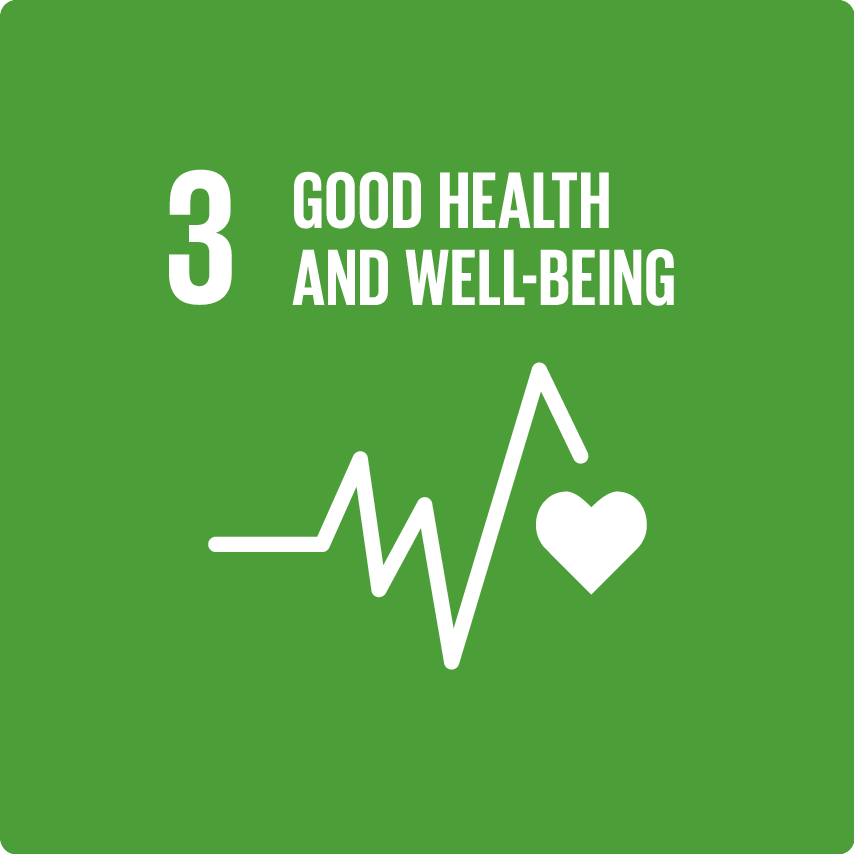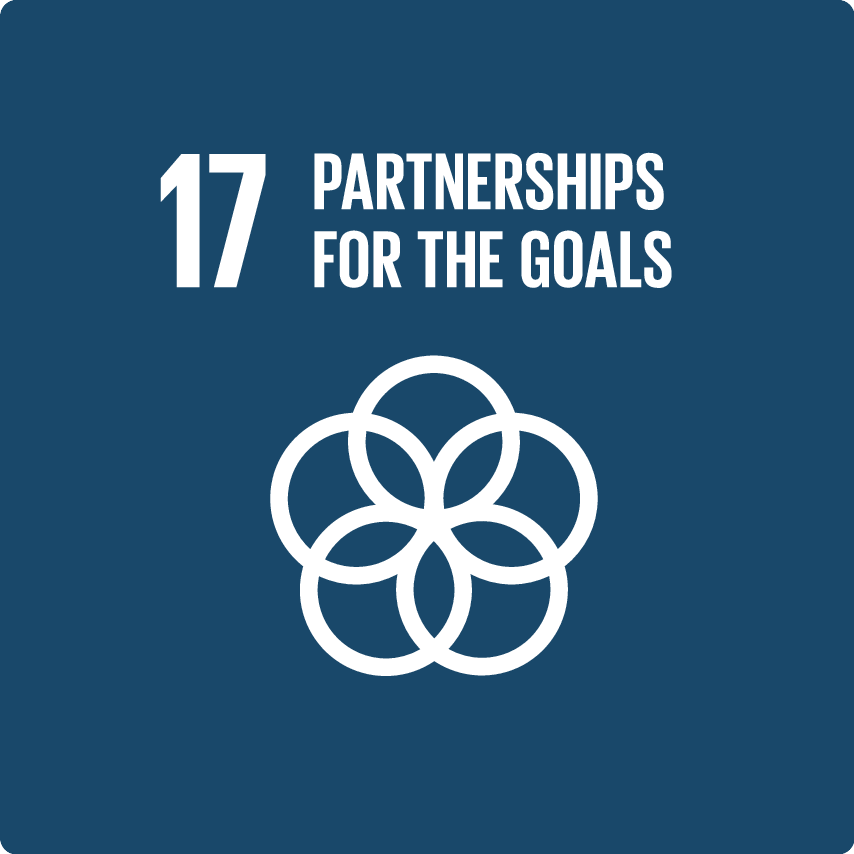4 Healthy Habits
Reducing risk factors from community members’ lifestyles, such as unhealthy diet, tobacco and physical inactivity, by incorporating behavior change methods for different target groups to meet the needs of different age groups.
SEE ALL PARTNER ORGANIZATIONS
Objectives
- Develop, pilot, conduct and scale-up the implementation of healthy style modules and tools.
- Improve health status of targeted individuals and communities.
- Go beyond awareness-raising campaigns by prompting behavioral changes.
- Jointly advocate for NCD prevention and control at global and regional level.
What are the health needs and challenges?
Non-Communicable Diseases (NCDs), such as cancer, diabetes, cardiovascular and respiratory diseases, are the leading cause of death and illness worldwide. Success in the fight against infectious diseases, and rising living standards and the changes in lifestyle that accompany – unhealthy diet, tobacco use, and so on – have led to a rising proportion of global deaths accounted for by NCDs. Traditionally seen as diseases of high-income countries, low-income and emerging countries now account for nearly 50% of the global NCD burden. Four types of NCDs – cardiovascular diseases, cancers, diabetes and chronic respiratory diseases – kill 3 in 5 people in the world, with 80 per cent of these occurring in low- and middle-income countries.
NCDs are a growing health and economic challenge for both rich and poor countries.
It is estimated, however, that half of the deaths caused by NCDs are preventable. Prevention can be achieved through increased health literacy, awareness and simple behavioral changes aimed at reducing common risk factors.
Partnership activities and how they address needs and challenges
Building on the IFRC’s long history of health promotion within communities by using simple tools adapted to local context, also known as the Community-based Health First Aid Manual (CBHFA), the IFRC-IFPMA ‘4 Healthy Habits’ partnership develops and adds to the existing manual a module on healthy lifestyle guidelines and NCDs control and prevention.
In a bid to reduce risk factors from community members’ lifestyles, such as unhealthy diet, tobacco and physical inactivity, the module incorporates behavior change methods for different target groups (program managers, facilitators, volunteers and community members) to meet the needs of different age groups.
These tools are easy-to-use, interactive and available in three different languages. They are deployed for use by the 98 Red Cross Crescent National Societies worldwide and help Red Cross and Red Crescent volunteers to empower their communities to do the required behavior changes for healthy lifestyle, focusing on the key necessary five steps: knowledge, approval, intention, practice and advocacy. Scoring tools are part of the guidelines to help the volunteers and community members to better understand their health status and get a targeted support. These scoring tools are available on paper-based, online and mHealth versions.
The IFRC will make the toolkit available to about 3 million people worldwide through a 15-million strong volunteer network in 189 countries. Volunteers in 20 countries in Asia and the Pacific and 13 countries in Europe, have already been trained and training is expected in a further 40 countries in the Americas and Africa by 2014.
Lessons learned
Fighting NCDs requires multi-stakeholder solutions. As a novel cross-sector collaboration responding to the United Nations call to tackle NCDs, the two-year partnership between the IFRC and IFPMA pools the expertise and resources of both partners in order to reach the highest impact possible at community level.
Results and milestones
The 98 Red Cross Crescent National Societies are implementing community-based health and first aid programs with over 30,000 active volunteers at the community level reaching more than 2.8 million beneficiaries all over the globe.
The program has been successful in attracting huge interest, with many countries having already started the implementation with the existing draft materials, such as Indonesia and Bangladesh. Four regional trainings took place in 2014 and several country trainings were also implemented. Due to this success, the number of target countries was raised from 40 to 75, and a translation into 3 additional languages was planned.
Geographic Reach
- Global Commitment
Disease Area
- Infectious and Parasitic Disease
- Non-communicable diseases
Partner organizations
Aberystwyth University
International Federation of Red Cross Red Cresent Societies (IFRC)
United Kingdom
Geographic Reach
Global Commitment
Disease Area
Infectious and Parasitic Disease
- HIV/AIDS
Non-communicable diseases
- General Noncommunicable Disease Care (Health System)

